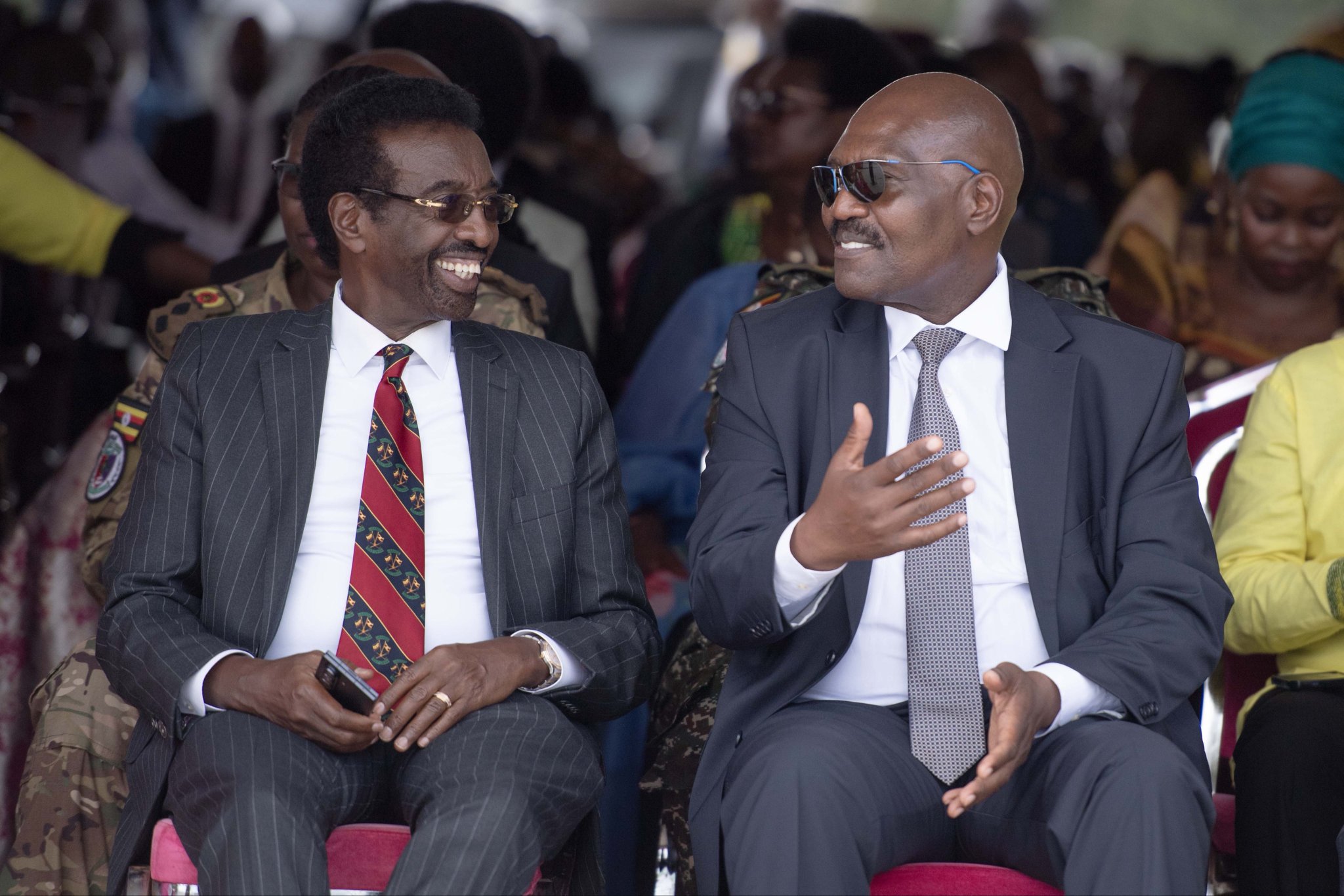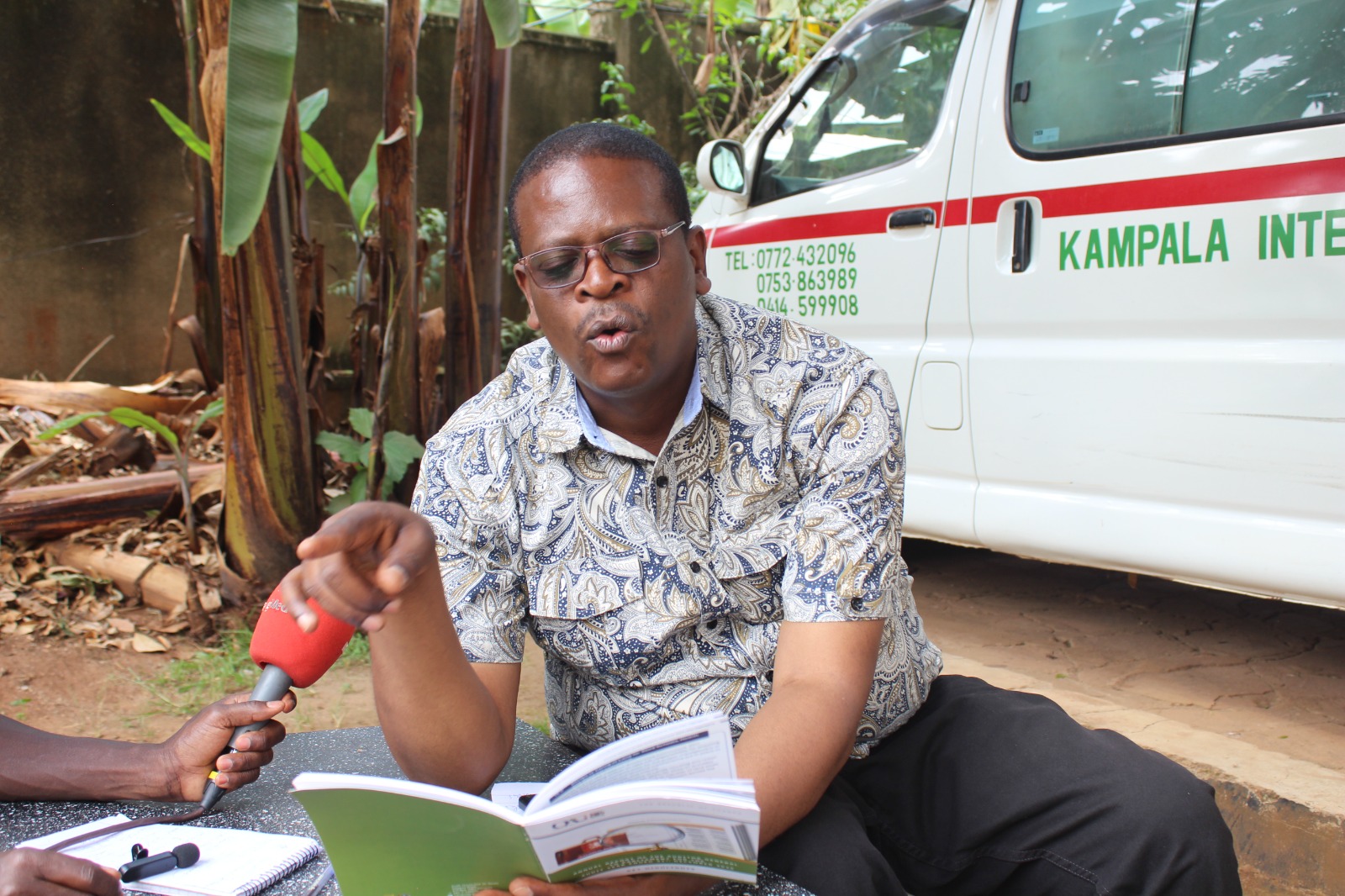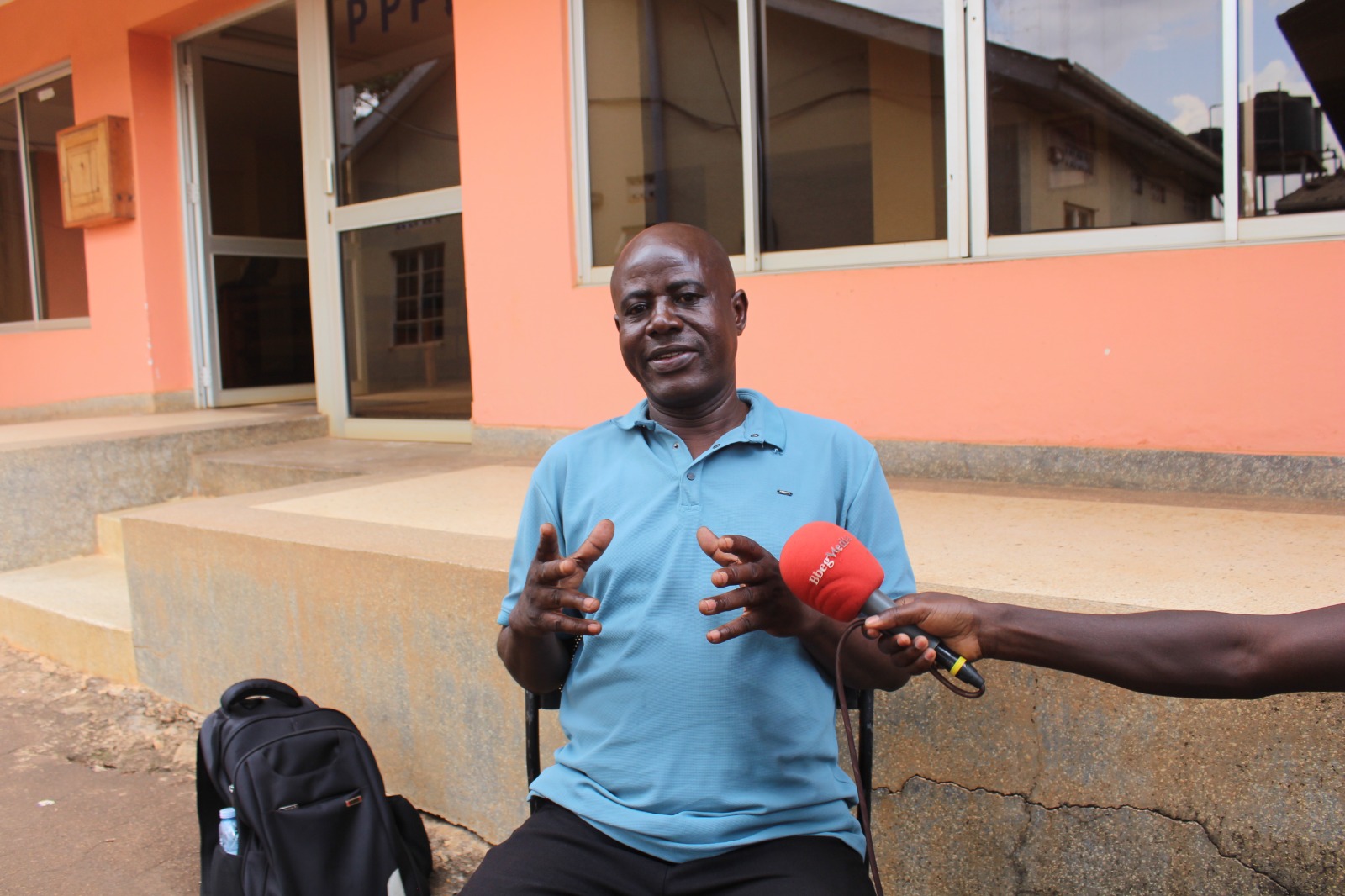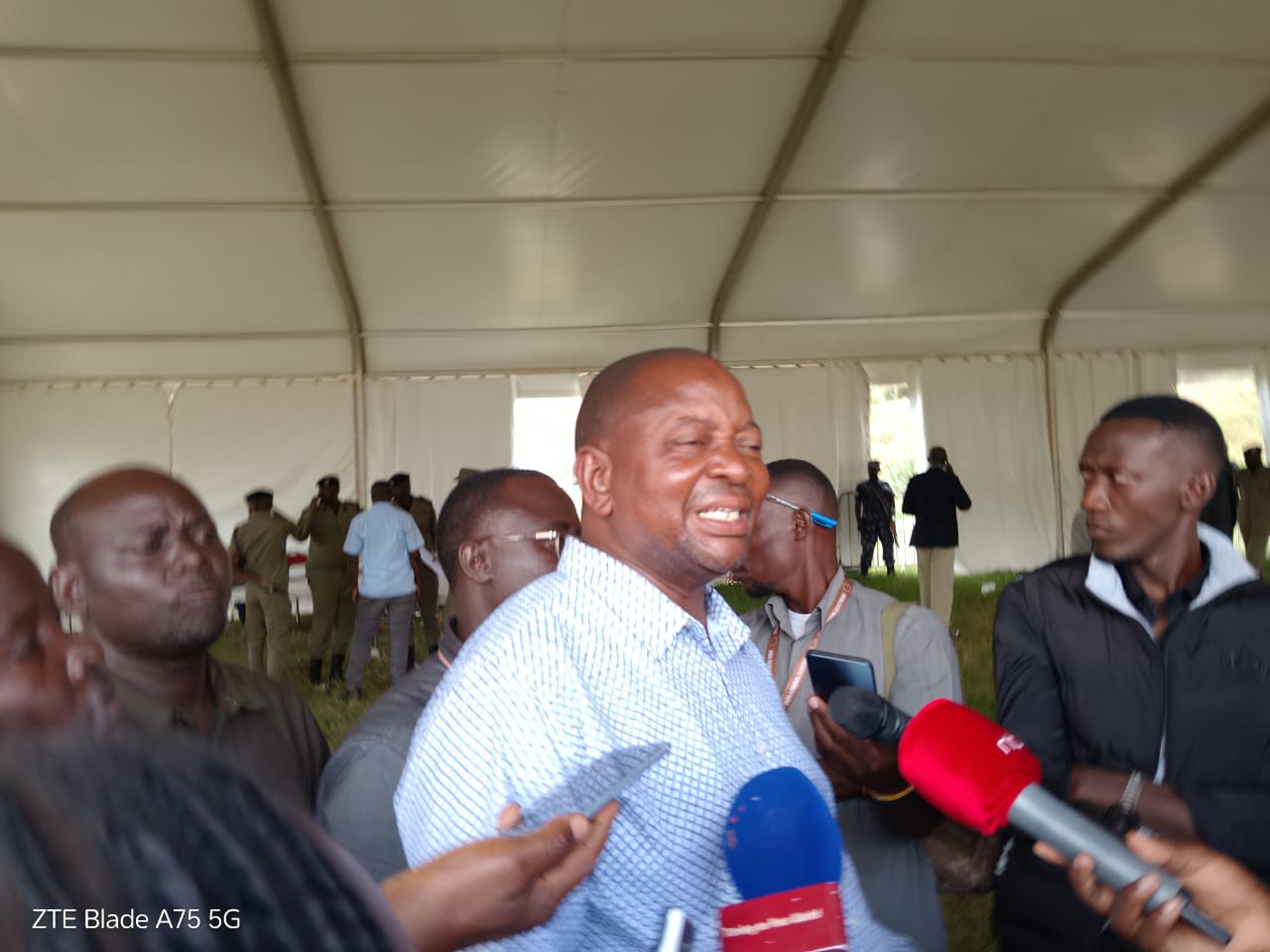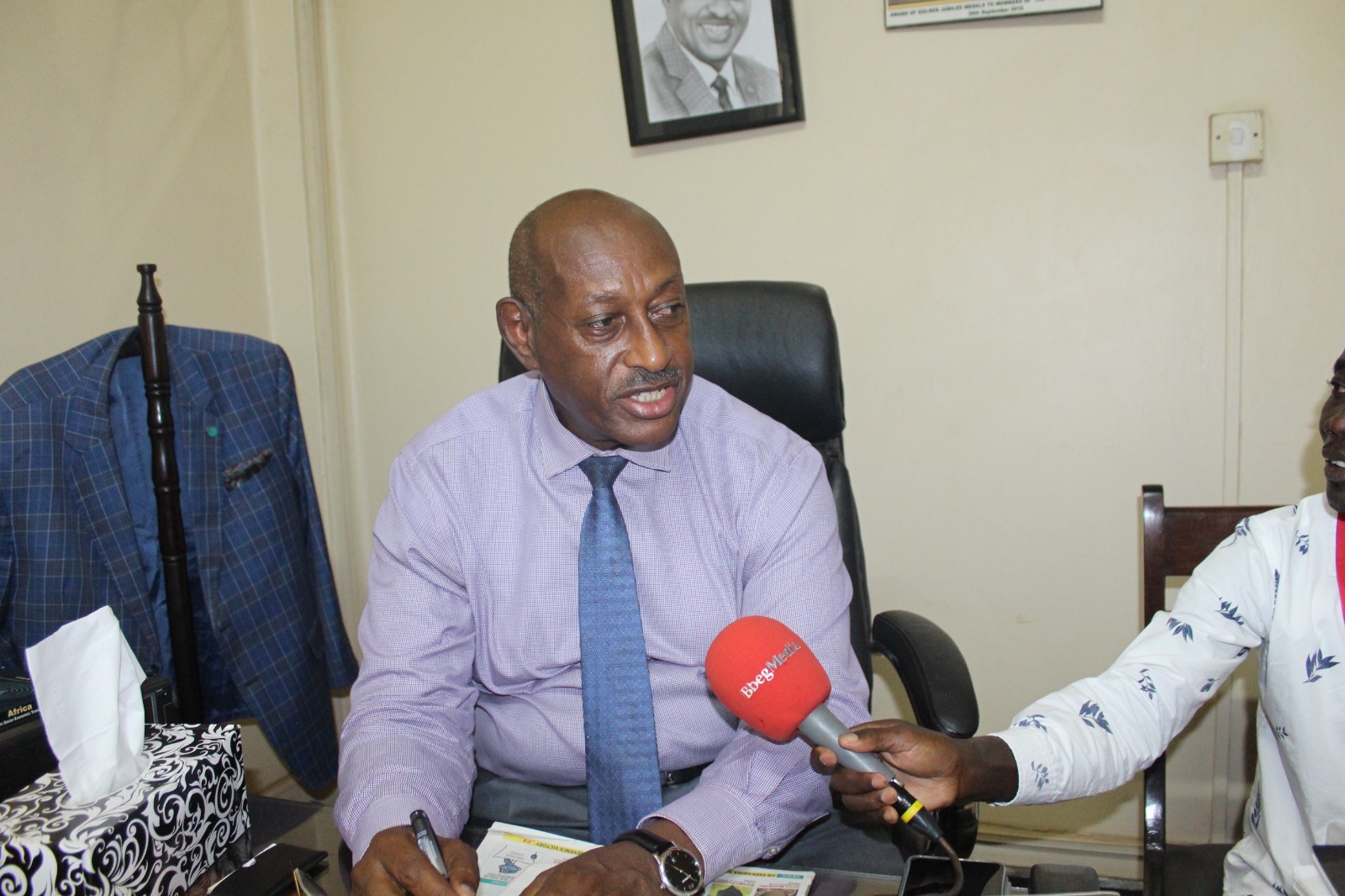President Museveni yesterday welcomed back Colonel Samson Mande, a former renegade UPDF officer, commending his past contributions and emphasising the NRM’s commitment to reconciliation.
Mande, once a vocal critic of the government, pledged his loyalty to the NRM and promised to contribute to Uganda’s development.
Mande played a pivotal role in Uganda’s liberation struggles. In the 1970s, he joined Museveni’s Front for National Salvation (FRONASA) to overthrow Idi Amin. During the 1981-1986 Bush War, he led the National Resistance Army’s (NRA) elite “Black Bomber” unit and commanded the 15th Battalion, aiding the capture of Gulu in 1986. After the war, Mande helped establish the UPDF, served as Director of Combat Logistics, and founded the Junior Staff College in Jinja.
Troubles began in 1993 when Mande, stationed in Tanzania, exposed the theft of $2 million in defence funds. Instead of support, he faced false accusations of theft, arrests, and trials for treason and terrorism between 1994 and 2001. He endured torture and inadequate medical care, which he later described as a betrayal by “infiltrators” within the system.
In 2001, Mande fled to Rwanda and then Sweden, where he sought asylum. The government branded him a traitor, accusing him of aiding opposition leader Dr Kizza Besigye’s escape and associating with the rebel People’s Redemption Army (PRA).
At Kololo during the Independence Day celebrations, Museveni praised Mande’s heroism and welcomed his decision to abandon rebel activities.
“Peace is the cornerstone of Uganda’s progress,” Museveni said, attributing this to the NRM’s policy of forgiveness.
Mande, visibly moved, acknowledged his past errors, quoting the Bible.
“When I was a child, I talked like a child… When I became a man, I put the ways of childhood behind me,” he said. He thanked Museveni for his “generosity” and reaffirmed his loyalty to the NRM, calling it his “second home.”
Mande vowed to use his expertise to support Uganda’s objectives, including modernising agriculture and strengthening the East African Community (EAC).



